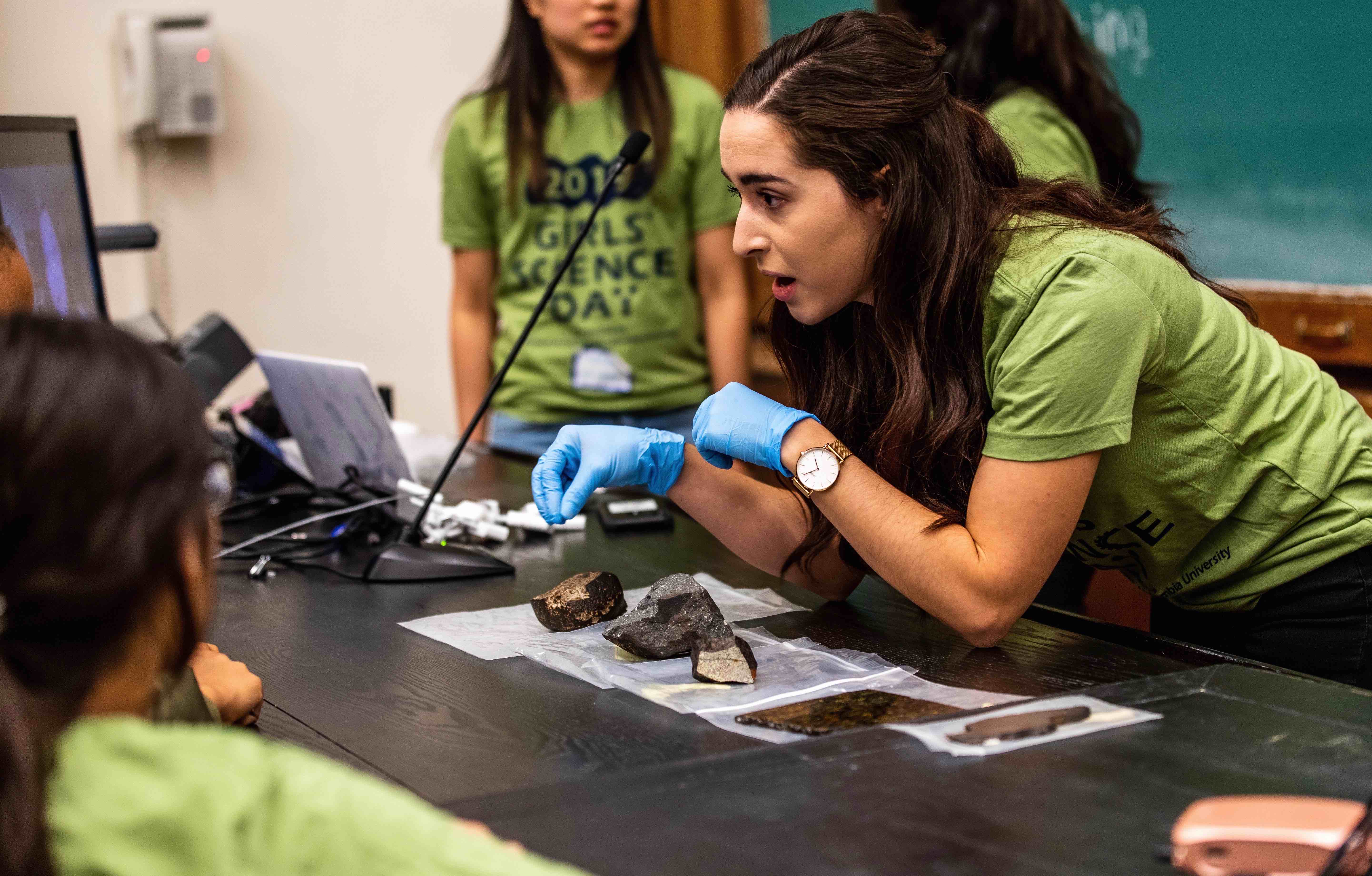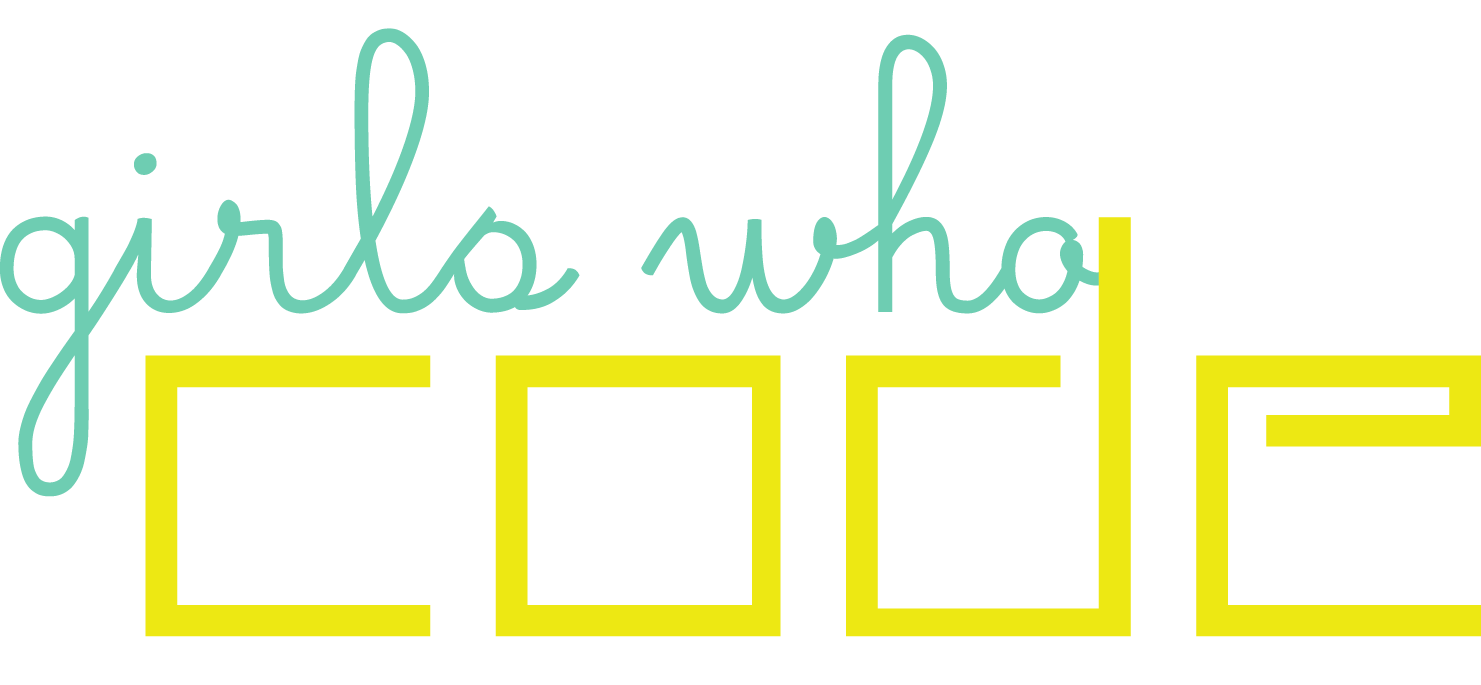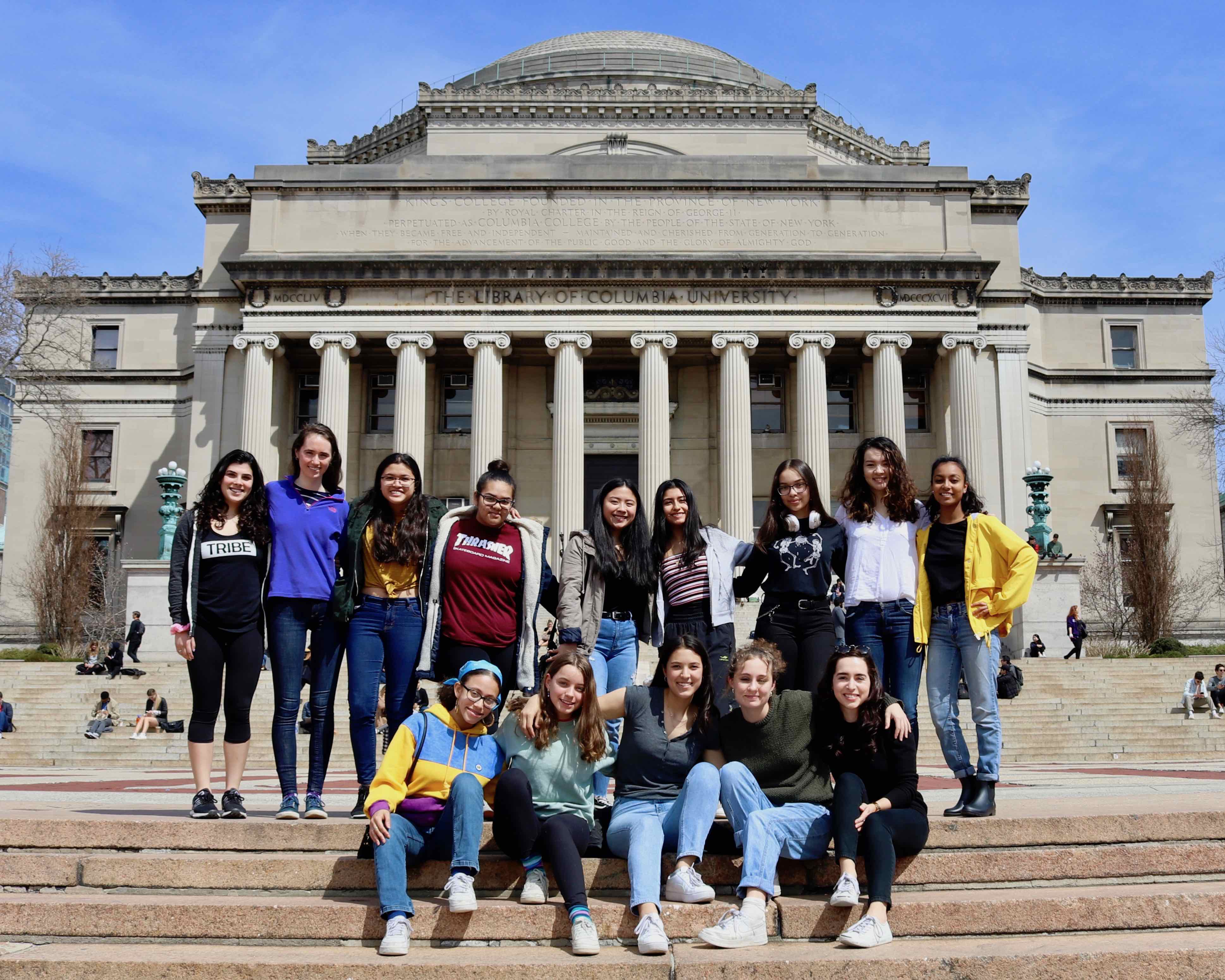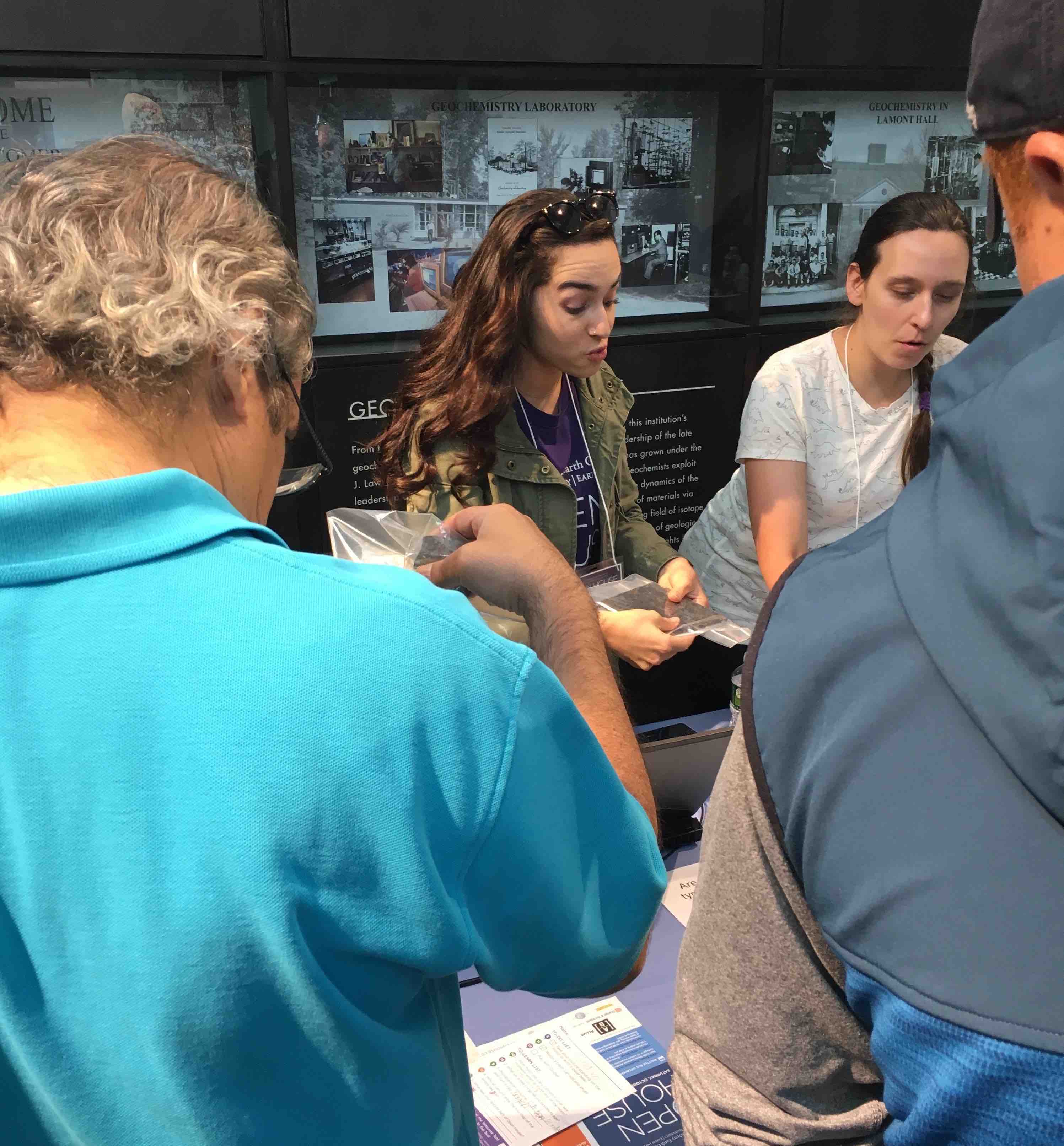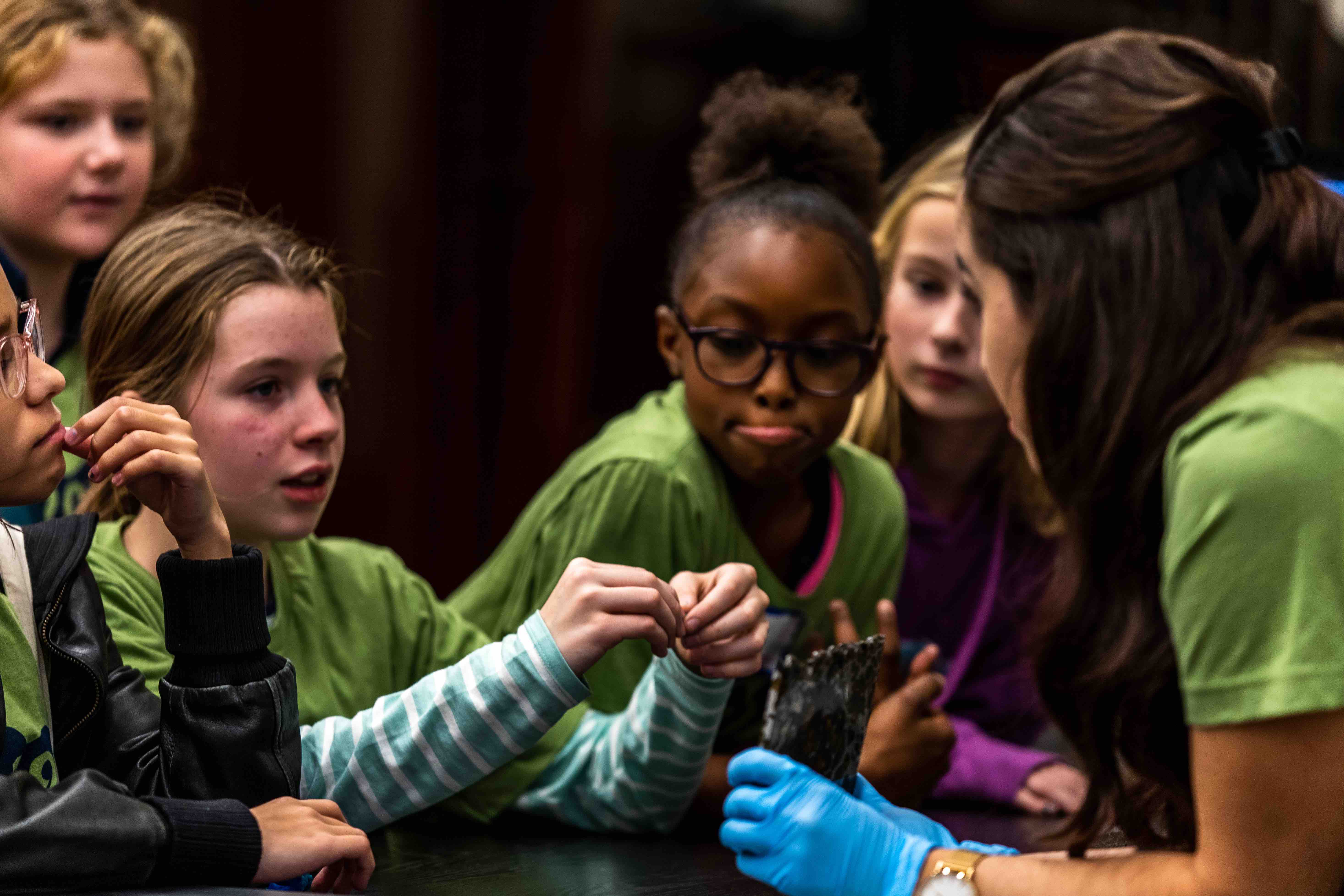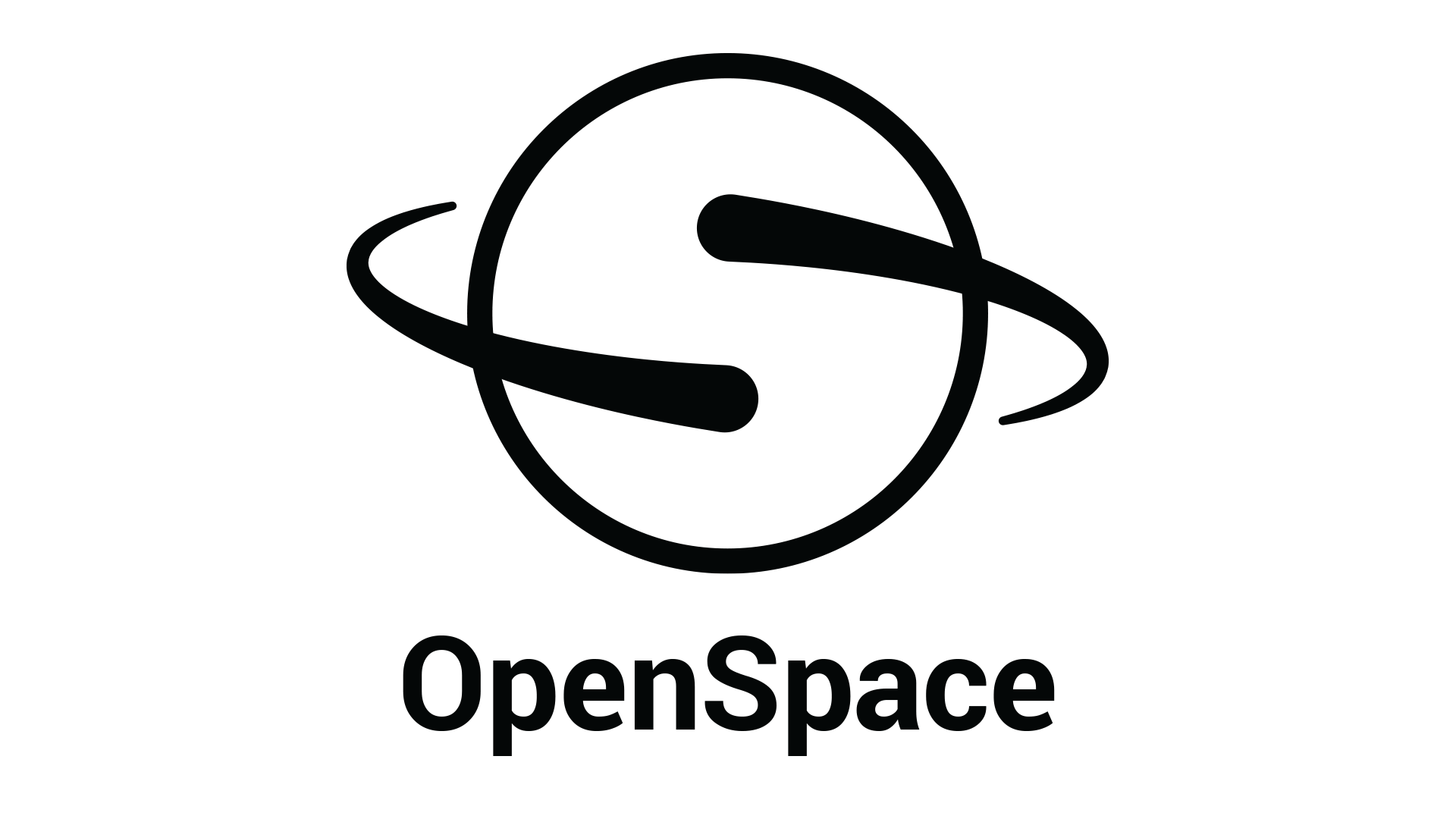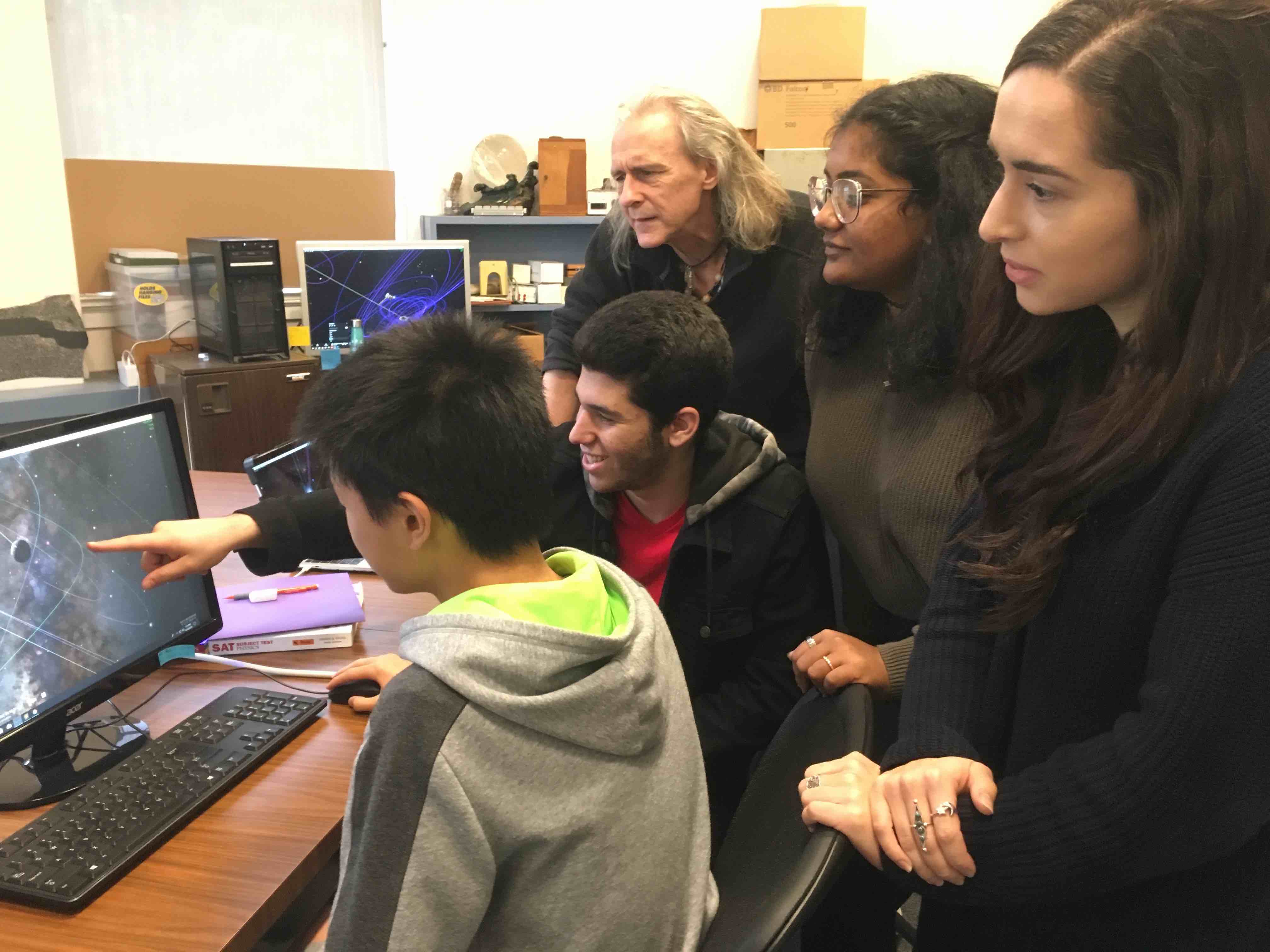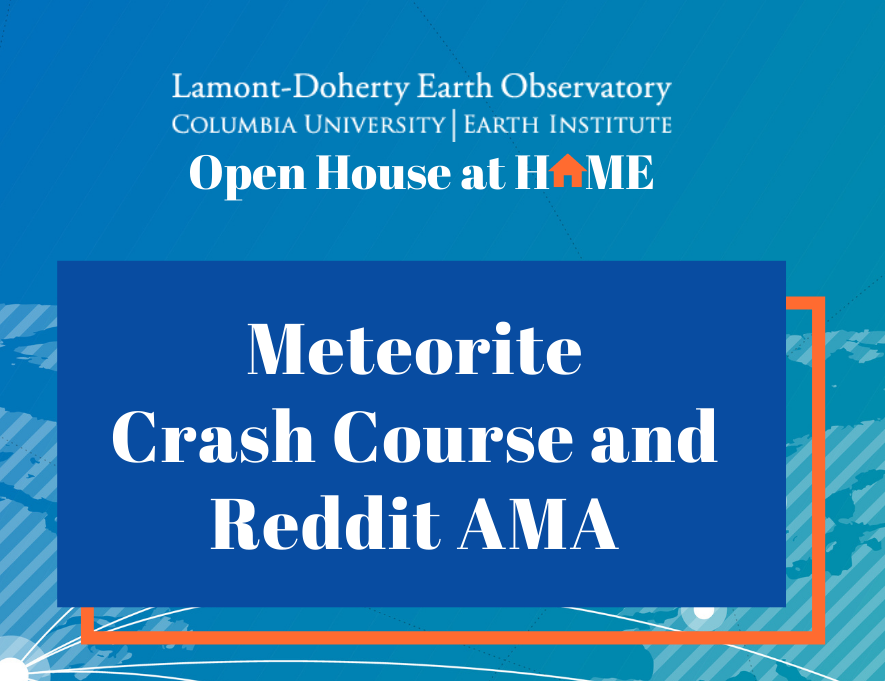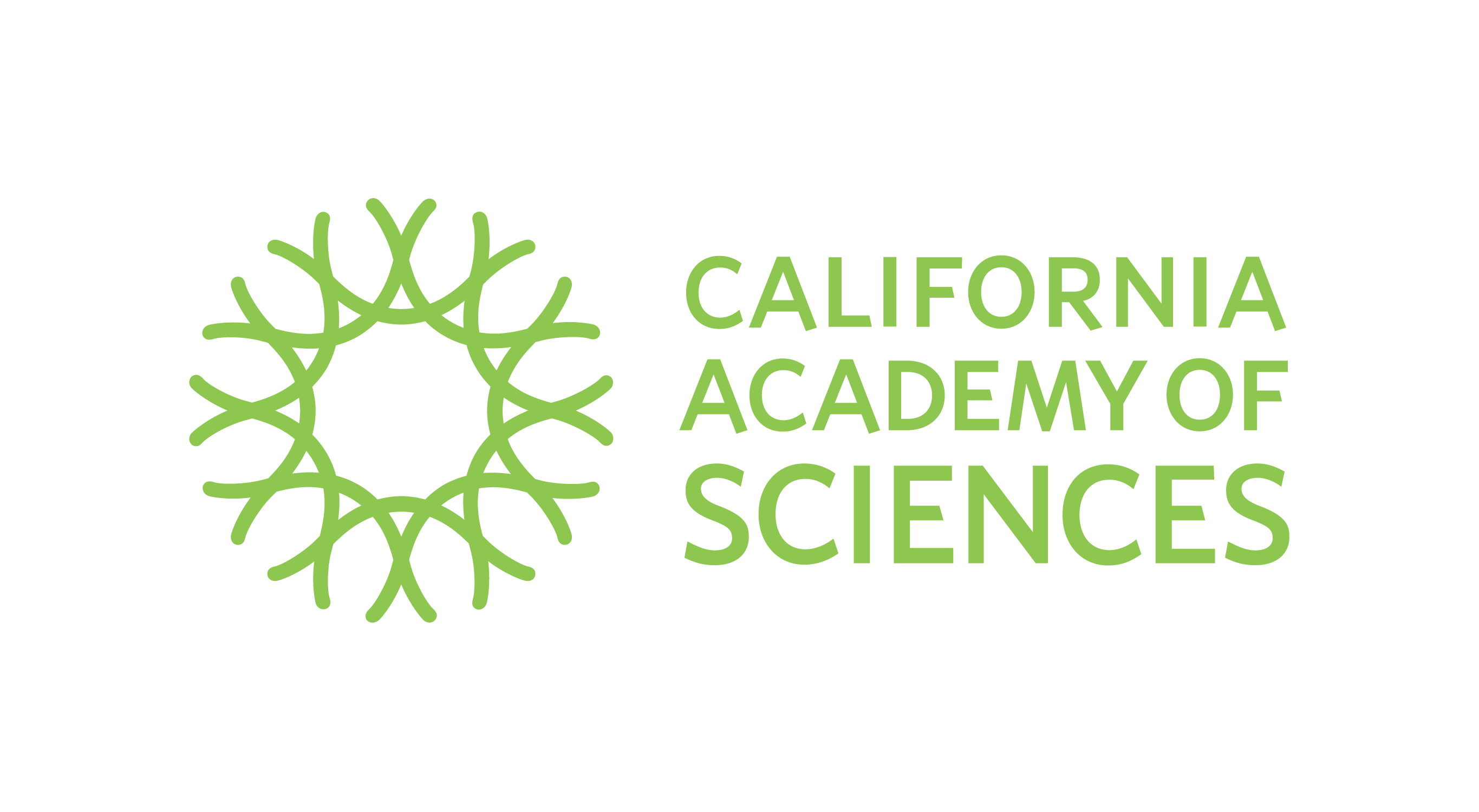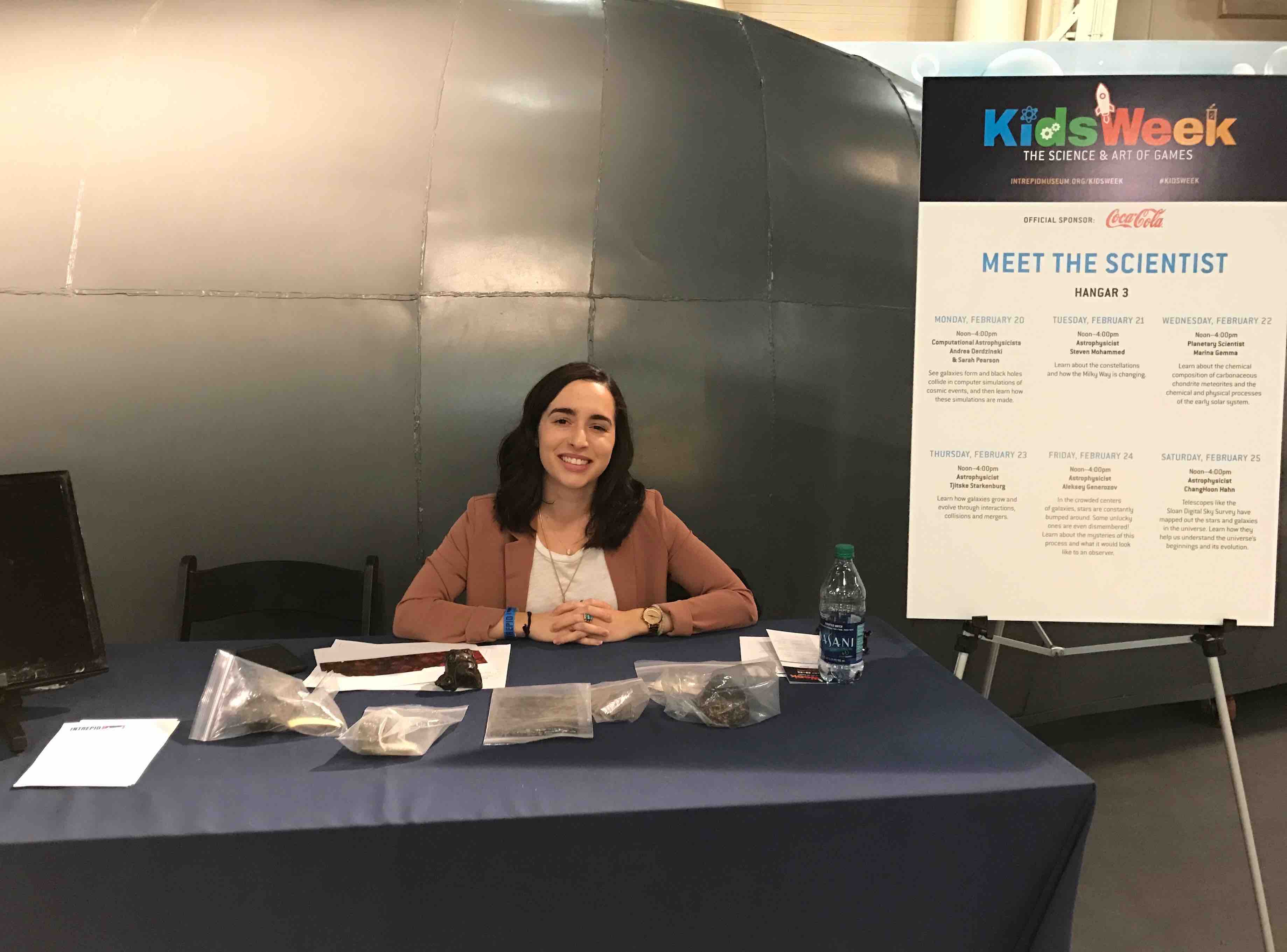
Intrepid Museum
In addition to my work at the American Museum of Natural History, I have also participated in annual outreach events at the Intrepid Sea, Air, and Space Museum in New York City, such as "Meet the Scientist" during Kids Week and Girls Science and Engineering Day.
